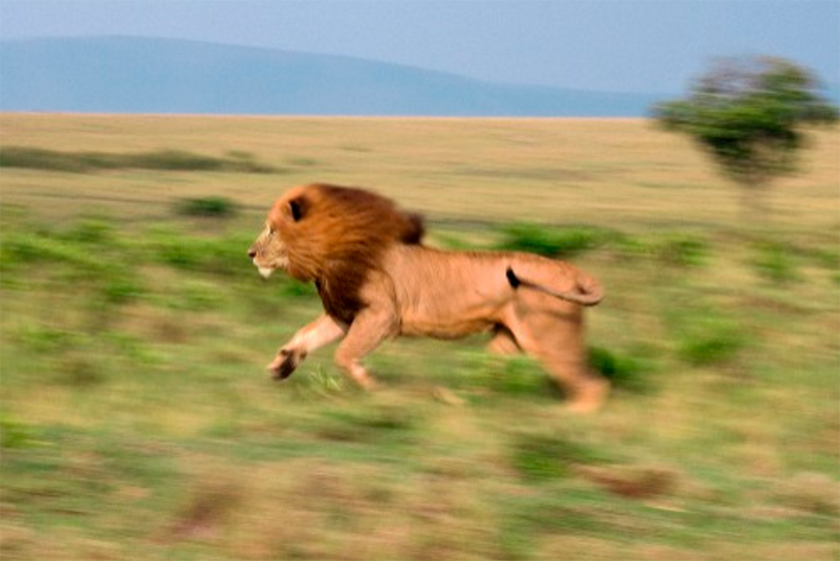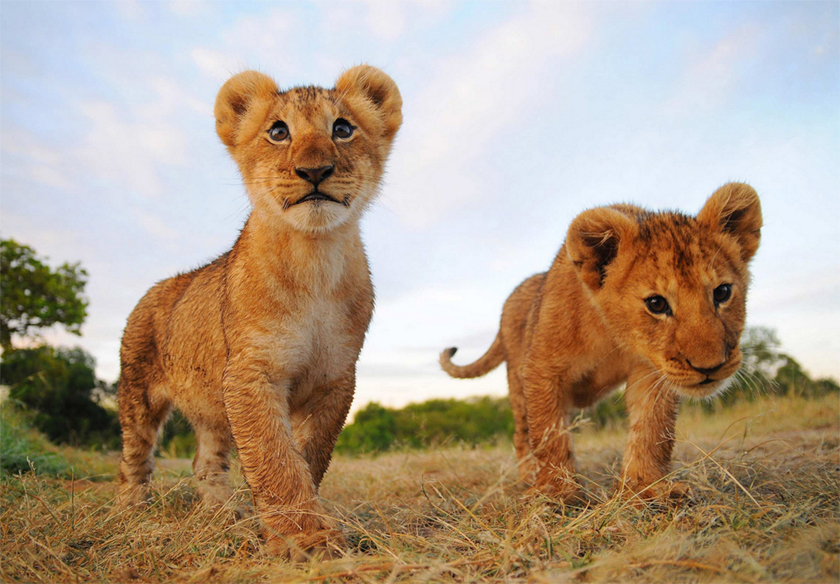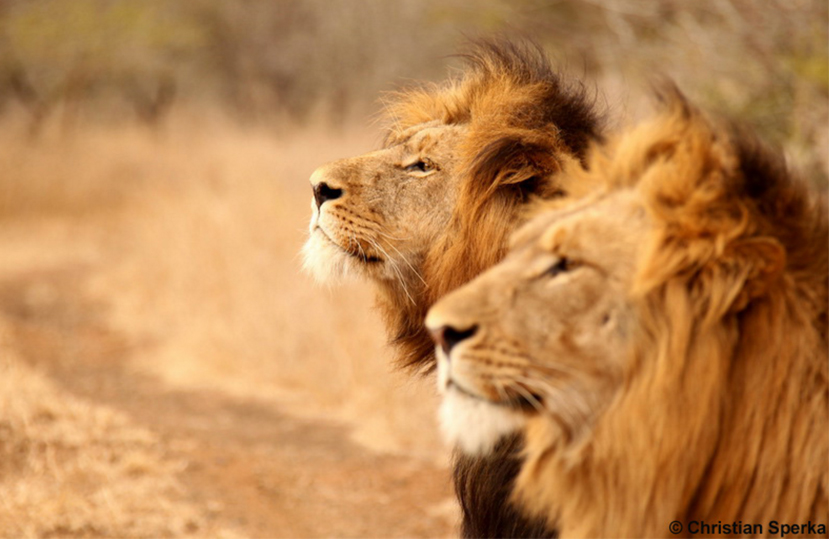After Cecil, US Increases Lion Protections
A new ruling from the US Fish and Wildlife Service adds lion protections under the Endangered Species Act.
By Vicki Croke

Photo: Sara Blackburn/Panthera.
It’s about to become a lot harder for trophy hunters to bring lion body parts back into the US.
Since the death of Cecil, the African lion killed by an American trophy hunter five months ago in Zimbabwe, many Americans have been concerned about the killing of lions in Africa and the fate of these beautiful and iconic cats whose population has been dropping for decades.
Vicki spoke with Here&Now’s Robin Young about the new ruling:
But conservationists are cheering a new rule just in today (going into effect next month), from the US Fish and Wildlife Service, which will grant better protections for lions under the Endangered Species Act. The change in the listing will make it tougher, and in some cases, illegal, to bring lion trophies into this country. (And by some estimates, the US imports up to sixty percent of these Africa lion trophies.)
Also on The Wild Life:
Part Of Rwanda’s Continuing Recovery: The Return Of Lions
A number of conservation groups, including the Humane Society of the United States, and the International Fund for Animal Welfare, have been petitioning the US government to provide stricter protections for these animals for several years.
The Fish and Wildlife Service has now done just that.
“The most significant part of this determination,” says Dr. Luke Hunter, President of Panthera, the global wild cat conservation organization, “is that hunters will have to show that trophy hunting actually brings conservation benefits to lions. That’s a real sea change.”

Photo: Philip J Briggs/Panthera.
The ruling distinguishes two categories of lions, splitting them into two subspecies, in different regions of the continent, and making the protections for one even stricter than for the other—one endangered and one threatened.
Hunter explains, “For the endangered ones this ruling almost certainly prohibits an American trophy hunter being able to bring back a trophy from an endangered population. So the endangered population in West and Central Africa trophy hunting there I think will be prohibited for American trophy hunters. But for the populations in Southern and East Africa which will be listed as threatened –that’s where the determination is they’ll have to show conservation benefits so in other words it’s now going to be the responsibility of the hunter or the hunting industry to be able to demonstrate that the benefits that they often claim such as revenue going into conservation or the increase in protection of an area—these things they’ll have to prove rather than just claim.”
Hunting groups are taking issue with the new ruling, saying their activities help fund conservation and help lions. Conservationists are saying that the new ruling will simply require them to prove that.

Photo: Christian Sperka/Panthera.
The African lion population is estimated at about 20,000 (though they are not evenly distributed across Africa—their populations are clearly healthier in some regions than in others). But conservationists fear that in the next decades we could see those numbers cut in half—to just 10,000. Currently, according the the African Wildlife Foundation, it is believed that there are fewer than 19,000 in East and southern Africa, and about 900 in central and West Africa.
Many airlines are no longer willing to transport lion trophies, and some countries, such as France have banned their importation. Will these changes along with the new US Fish and Wildlife ruling have a ripple effect and make the world a safer place for lions in 2016?
As pleased by the ruling as Luke Hunter is, he points out that hunting is just one threat that these animals face. There are other overwhelming and, as he says, more important threats like massive habitat loss and retaliatory killing and poisoning of lions by local people who farm or herd animals, and there’s poaching. In fact, he says that these other threats take the lives of 10 times as many lions than hunting does in a given year.
Still, he and others in the conservation community are celebrating the change as a big step, and they are crediting the public’s outrage at the killing of Cecil as having accelerated the process.

One Response to “After Cecil, US Increases Lion Protections”
Great post here
Comments are closed.